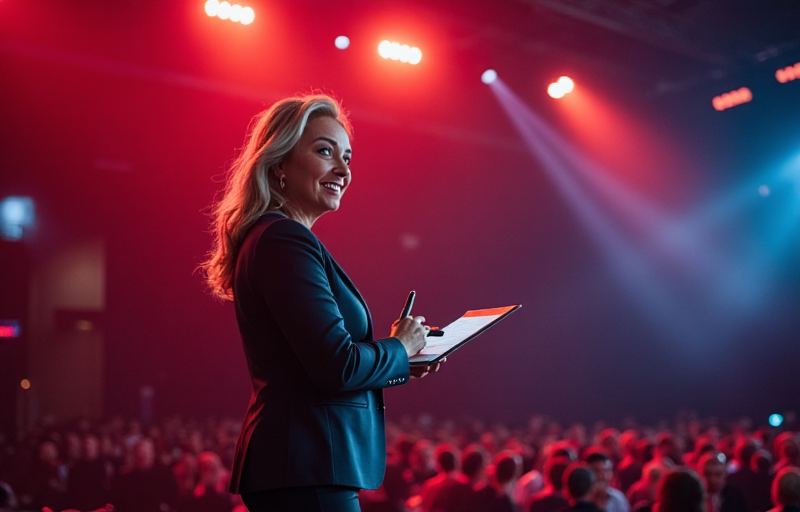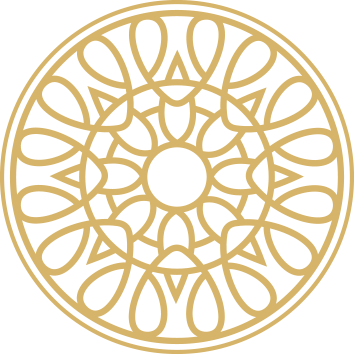AI AND THE END OF THE OLD WORLD
Some weeks ago (only!), I was listening to a podcast interview in the car with the amazing Steve Bartlett (Diary of a CEO) and Mo Gawdat, the former Chief Business Officer of Google X (one of the key minds behind AI at Google), while driving home from Düsseldorf to my metropolitan town of Willich.
When I got home, I stayed in the car and listened until the very end. The interview is over 1.5 hours long, and I have no idea how long I actually sat there afterward.
When it finished, I remained in my seat, my head filled with thoughts and a seriously strange energy building up inside me. I felt deeply confused – but at the same time, inspired to act on what I had just heard.
It was a mix of bewilderment and relief, like something had suddenly clicked into place. I knew what I had to do.
After years of feeling quite uninspired in my work with marketing—where nothing truly felt new or exciting – I KNEW: THIS is what I need to dive into.
To put a cheesy spin on it: it felt like a calling.
At that moment, my dear neighbor parked next to me, which took me out of my trance. I stepped out of the car – don´t want to be that weird neighbor, right.
Anyway, that interview and that moment made a large impact on me. That same evening, I signed up for two AI courses.
The courses? They’re fine – I’m learning what I expected: the tech behind AI, the tools, the mechanics, the history.
But for me, the most interesting part isn’t in the courses.
The real question isn’t just how AI works – it’s what will happen to us, as humans, when many of us are replaced, and our entire world order shifts.
I’m not talking about some Musk-style galactic takeover (though… who knows, maybe we have to get through that first – so help me, whoever is listening).
I’m talking about the fact that in 10, 20 years (or even sooner), human life will be fundamentally different from what we know today. Despite all the risks that come with AI, I believe this might actually be our chance to create a better world.
We’re already in an era where established paradigms and values are being thrown overboard. And looking at the world the world we are running it right now—we cannot keep going like this.
-
From a human perspective: How can we, the wealthy, accept that the majority of the world lives in poverty, lacking access to food, water, and basic necessities we take for granted? What has happened to us, that we walk past people sleeping on the pavement without stopping to say, “You can’t stay here, on the ground! Come with me, I’ll help you!”
-
From an ethical perspective: How do we justify killing billions of sentient beings for food and products, when we don’t even need to? How did we decide to pet the dog, but eat the cow? Where do we draw that line? Just because it tastes good and were are used to it?
-
From an environmental perspective: I don’t even need to say it – we are killing the planet.
So this is where I place my hope in AI.
The hope that one day, a global, hyper-intelligent AI will help us fix what we have failed to fix ourselves.
But maybe, we have to lose it all before we can truly rebuild, who knows. Maybe that is what happening now.
Or, as Mo Gawdat says in the interview:
“We have created a world that prioritizes profit over happiness, consumption over well-being. The real challenge is not whether AI will take over – it’s whether we will use it to bring back what it means to be human.”

